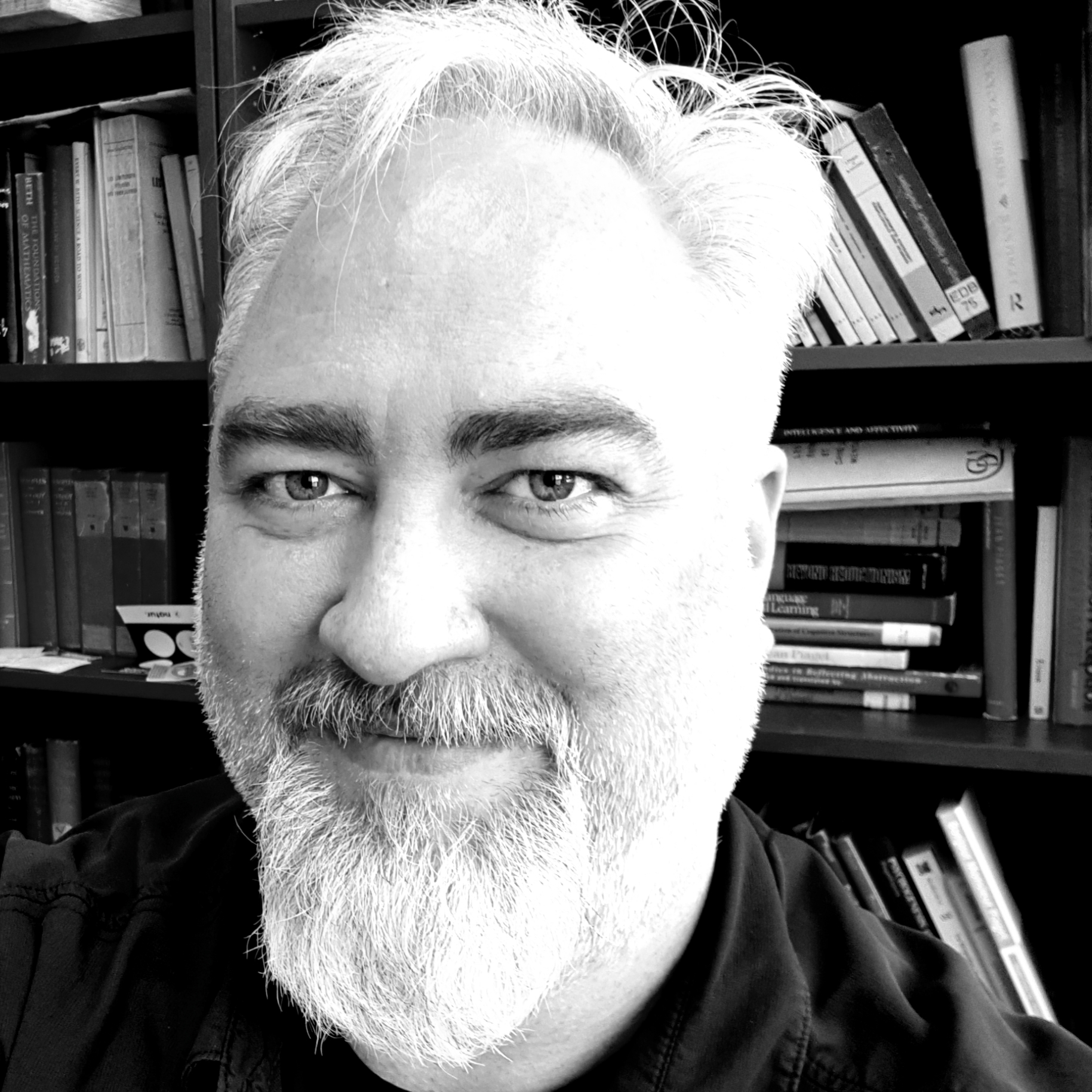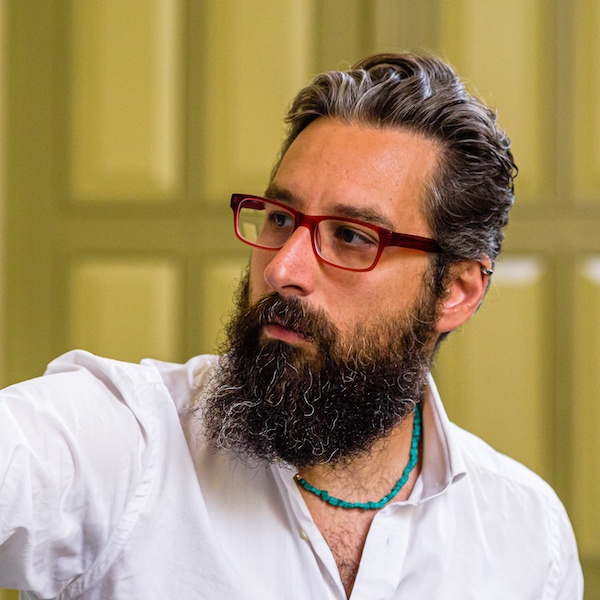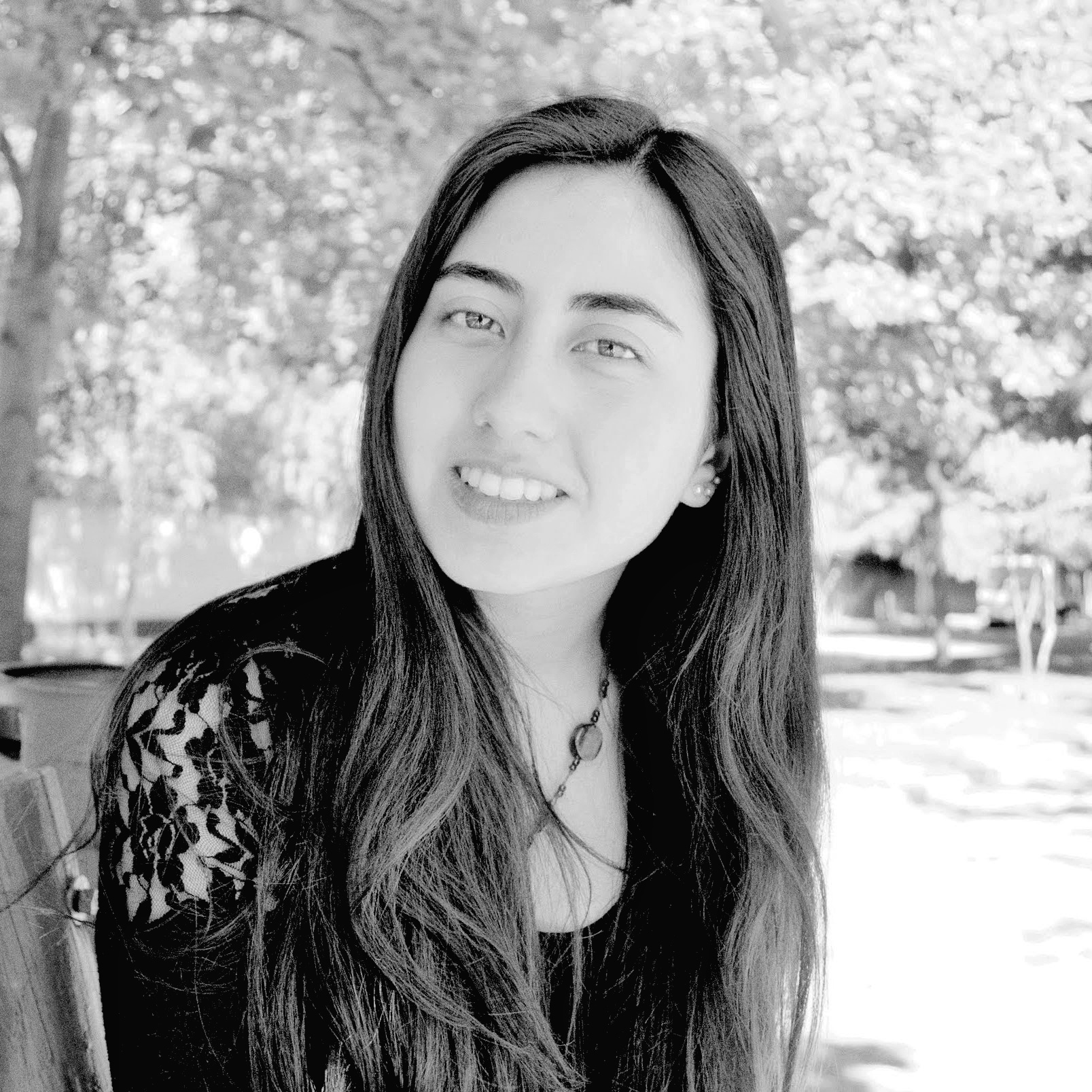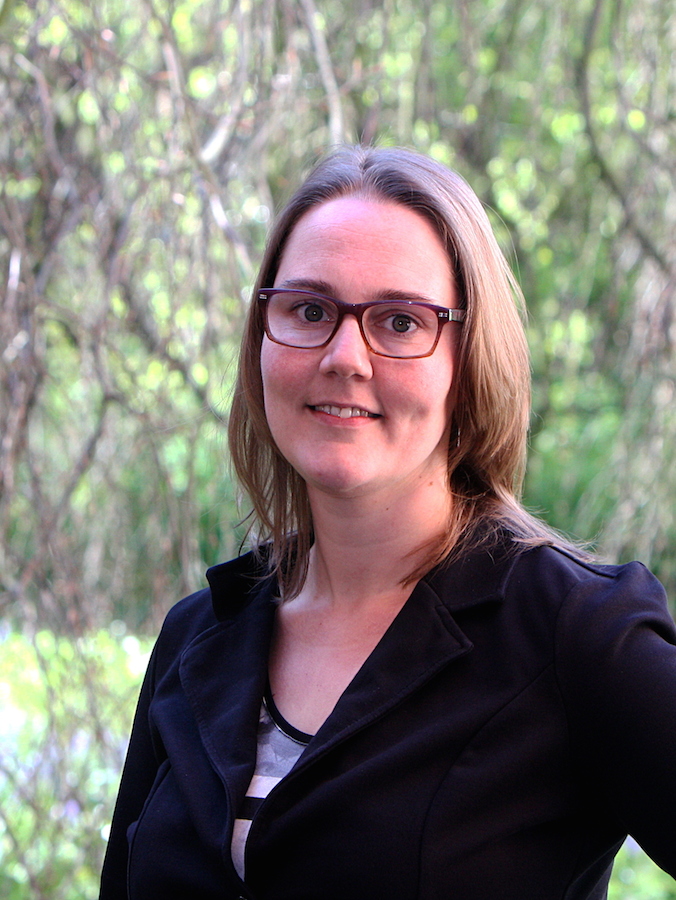Jeremy Burman
Question from Tassos: Speaking of solutions, what is the best academic advice you've ever received?

“Figure out why the author wrote what they did, not just what their words mean to you as you read them.” This has been massively influential. I had to be told a few times, though.
I first noticed this advice when I was reading Rousseau for an elective in philosophy at the end of my bachelor in psychology. The premise informing his argument seemed not only implausible, to me, but impossible. (I can’t remember which book it was, but because it was about the fundamental freedom of Natural Man it was probably the Discourse on Inequality.) Anyway, I got upset: “Why are we reading this stupid thing?” But I wasn’t really reading what he actually wrote.
I saw the words. But not what they meant.
The challenge, when reading to understand (rather than reading for inspiration), is to get inside the mind of the author. This is crucial when working cross-culturally. It’s also very useful when doing peer reviews: help find the best version of what the author intended, not what you wish they had written.
I later learned that this is also a necessary part of doing research in the History of Psychology. Indeed, it’s the most important contribution that Thomas Kuhn made to contemporary historiographical methods: you have to “climb into other people’s heads,” as he put it.
Here’s a concrete example of how much of a difference this can make: arguments that include the word genetic could mean either “related to genes” or “related to development.” Those different readings then often yield two opposing interpretations. So if you don’t read for the intended meaning, you could completely misunderstand what it is that—say—the Journal of Genetic Psychology is about. (Development, not evolution.) Or that Piaget’s genetic epistemology was the study of the construction of knowledge, using psychological methods, rather than of the maturation of knowledge. But that’s a real mistake that people make: they think Piaget was writing about genes, maturational milestones, and innate constraints on how we know things. He wasn’t.
I think back on this advice regularly; in my teaching, in my research, and in my life. I am grateful that it was repeated until I understood it. Indeed, I think it’s a key lesson from which everyone would benefit.
This question from Tassos got me thinking about other critically important lessons that aren’t always learned in the classroom, so I asked our vice-dean—Klaas van Veen—who oversees such things:
“What’s the most important thing you learned during your education that wasn’t a formal part of your schooling?”
Groningen, 2 April 2021
The thread continues below (in reverse chronological order)
Question from Nicol: What challenges have you faced during the pandemic and what solutions have you found?
Tassos Sarampalis
 Truthfully, everything has been challenging since the first lockdown was announced, just over 12 months ago. It is almost surreal to look back at the early stages of this global pandemic, remember the reactions from the community, and reflect on my own beliefs, expectations, and actions at the time. I remember that the first lockdown was announced on the Friday before the last week of the third block of the academic calendar; I remember treating this in a pretty relaxed manner, not fully appreciating the implications or anticipating the consequences or what was to follow (who did, though?) Looking at those months now, I realise that what I saw as the most urgent priority was to deal with the uncertainties in our routines and customs. Being in the privileged minority of this world, I had not much worry about my income or my living conditions; for this, I was and continue being very grateful. The work I do was certainly impeded, but there were ways in which things could continue with a shift to online structures; and the things that couldn’t survive such a shift were not too difficult to set aside for a while. So, instead I think I largely focused my attention to my daughter’s homeschooling, keeping the students in my courses as informed and cared for as I could, and to adjusting my expectations about my own productivity to the new circumstances. In other words, as the world narrowed around me, I narrowed my focus also, to what was immediately important.
Truthfully, everything has been challenging since the first lockdown was announced, just over 12 months ago. It is almost surreal to look back at the early stages of this global pandemic, remember the reactions from the community, and reflect on my own beliefs, expectations, and actions at the time. I remember that the first lockdown was announced on the Friday before the last week of the third block of the academic calendar; I remember treating this in a pretty relaxed manner, not fully appreciating the implications or anticipating the consequences or what was to follow (who did, though?) Looking at those months now, I realise that what I saw as the most urgent priority was to deal with the uncertainties in our routines and customs. Being in the privileged minority of this world, I had not much worry about my income or my living conditions; for this, I was and continue being very grateful. The work I do was certainly impeded, but there were ways in which things could continue with a shift to online structures; and the things that couldn’t survive such a shift were not too difficult to set aside for a while. So, instead I think I largely focused my attention to my daughter’s homeschooling, keeping the students in my courses as informed and cared for as I could, and to adjusting my expectations about my own productivity to the new circumstances. In other words, as the world narrowed around me, I narrowed my focus also, to what was immediately important.
I suppose this has been my main ‘solution’ to the changes in my life: re-adjust and re-focus. In a lot of ways, it’s been a blessing, though I don’t mean to overlook the tragedies of loss of life and shattered well-being. Nor do I want to try to frame this as a positive series of events; it’s clearly tragic on so many fronts. In some ways, however, it’s been a catalyst for positive change and, in my own personal life, this sharpened awareness of my values is something I am grateful for.
If that’s all a bit ethereal for you, some practical changes I’ve made have been ruthless prioritisation (some tasks just never got done), clear time boundaries (no work after a certain time in the day), and the acceptance that, on balance, it’s perfectly fine to be imperfect. I nurtured my pruned social and familial relationships, my hobbies, and my personal insanity. And more than ever before, I committed to going for (semi-)daily walks with a friend, a friendly podcast, or my own thoughts. When everything else failed, metaphorical or literal tree-hugging always did the trick for me.
Groningen, 29 March 2021
Yvonne asked Nicol about her positive experiences during the pandemic months
Nicol Arellano Véliz

I think the idea of a silver lining is meaningful since most of us might be looking for coping mechanisms while we are working from home for more than a year so far (fully or partially). For sure we are experiencing life in very diverse ways. For me, being fully aware of my daily experience, of the details of everyday life has been a silver lining and a sign of self-care. This is, enjoying the sunlight, the sky, the seasonal transitions, the music, my mother’s messages, the motivating meetings with my PhD. supervisor, cycling, going for daily walks, and enjoy myself and the company of others.
If I think deeply, perhaps the most important insight during these months has been finding a healthy equilibrium between the time by myself and the time that I spend in other’s company. I believe that both instances are more profound than before. On the one hand, interactions with significant others, looking in the eye, feeling interpersonal closeness, and social warmth have increased value now. And on the other hand, the moments in solitude leading to self-reflection have more depth. Undoubtedly, I am enjoying all of them. The simplicity of being alone is a prelude to future encounters. It makes me realize how valuable it is to have meaningful relationships, and how important it is to work on ourselves to improve those interactions. Moreover, because now I am immersed in a more intentional way of relating, it is likely to have a less number of social interactions in ‘real-life’ but deeper, more rewarding, sincere, and delighting. Additionally, this has been a time to develop some aspects of myself and growing up outstandingly.
So, why not? This very personal process of self-reflection has been a silver lining, it became an opportunity for remarkable self-growth.
Finally, I would like to rephrase Arciero and Bondolfi (2009) to emphasize the importance of paying deep attention to our day-to-day life: Through the concrete activities we immerse ourselves in —what we worry about, through the things we do, the people we meet, the decisions we make, the way we experience our body, through our everyday life— we glimpse our Selfhood. This means we become self-aware by paying attention to simple activities. We can see the reflection of who we are through our daily itineraries, through our ways of feeling, experiencing, relating, and living.
Therefore, for me, working on being more conscious on my daily basis is key for attaining a richer self-awareness, accepting the legitimacy of being the person I am. It is helping me to make decisions more deliberately, to achieve my purposes enjoying the path and timing. And importantly, increasing my level of self-awareness is contributing in the long term to enrich my sense of ‘Self’ being in the world.
Arciero, G. & Bondolfi, G. (2009). Selfhood, Identity and Personality Styles. West Sussex, UK Wiley-Blackwell.
Groningen, 17 March 2021
What was your silver lining during this period?
Yvonne Groen

During the Corona crisis I have realized that working together with colleagues and students on projects is as important for me as the projects themselves. Due to the home working situation it is much harder to feel connected to colleagues and students, and online or telephone meetings do not make up for this loss of real live social contact. Even though a day in the office full of meetings can be tiring, still at the end of the day they energized me and motivated me to work on the projects. After a day of online meetings, however, I feel exhausted and on some days the motivation was hard to find.
How can this be explained? One explanation from a neuropsychological perspective, which I find very interesting, is the lack of real eye contact. When we make real eye contact, our reward system is activated and we are better able to read other people’s thoughts, feelings and intentions. In online meetings hardly anyone looks into the camera, therefore our natural search for eye contact is in vain. More on this topic can be read in this Dutch blog post: Waarom online vergaderen via video je zo uitput
After realizing that a day of online meetings drains my work motivation away, I started planning at least one real live contact per day. And a visit of once or twice a week to the office also helped me, and made me look forward to some real contact. Of course taking the Corona measures into account. I had never thought that real live social contact was so important to my work. I realized that working with people in real life motivates me to do my job, they are my silver lining.
P.S. Being 40+ I also realized that I needed special glasses when doing screen work. My new glasses are my silver lining as well, because they helped me tremendously to feel less tired after a day of online meetings.
Groningen, 1 March 2021
